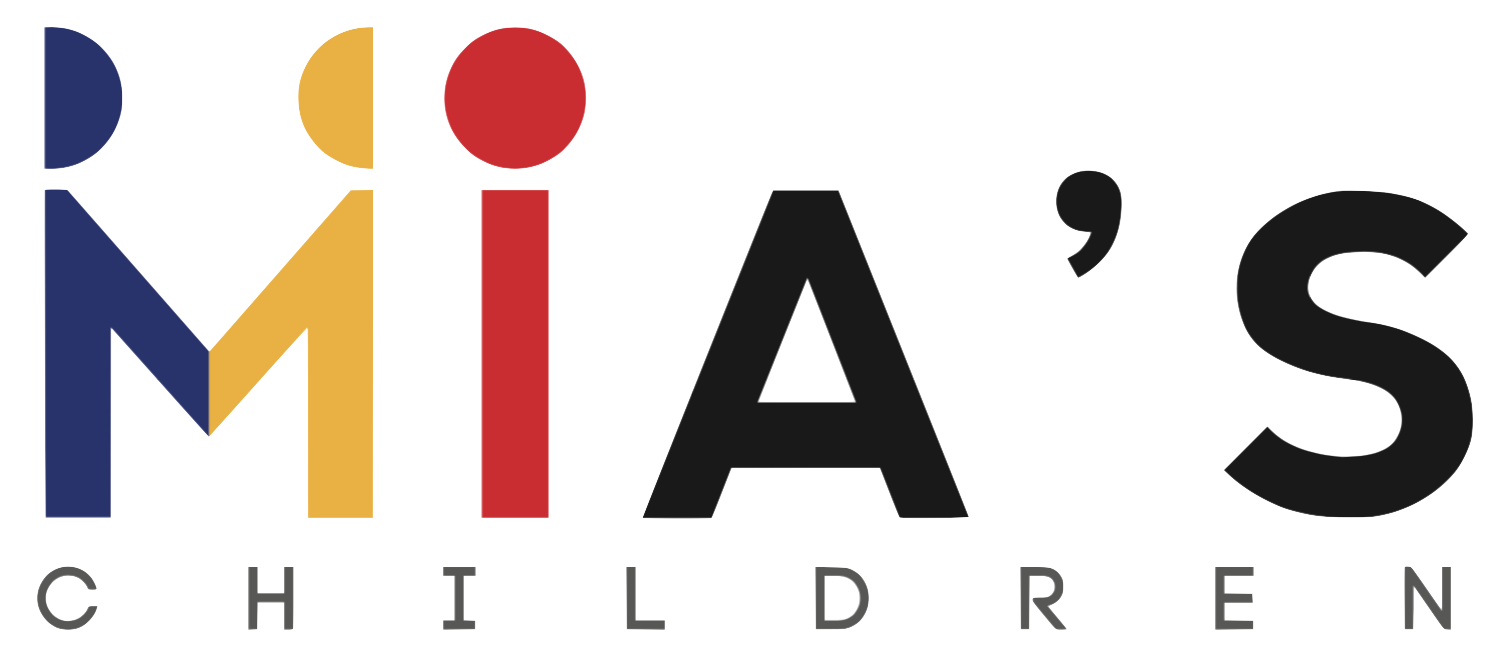
When girls live life out on the street, what risks do they face?
Along with well known threats like drugs and alcohol, crime, physical abuse and health problems, girls out on the street are at high risk of being trafficked.
Human trafficking generally occurs when someone – usually a female or a child or both – is forced into the sex trade by a person able to manipulate them through physical force or some other means of coercion. It happens all over the world, even in American cities. In Romania, generational poverty, high crime rates and government corruption mean even less protection for vulnerable girls than in many other countries.
The New York Times recently published a profile about one woman’s work to help human trafficking victims in Romania. Her organization offers a safe place for these young girls to recover.
After reading the girls’ stories, a question comes to mind: What is the solution to this crime’s high demand? How can we keep it from happening in the first place?
At Mia’s Children, we believe that stopping the demand for human trafficking in Romania has to begin with change from the inside out.
Criminals can always find their way around laws, and desperation from poverty makes them more willing to do terrible things for cash. What Romania needs is a heart change that helps traffickers and victims alike recognize their need for God. He is the only one who can defeat evil, who can break generational sin and save victims of oppression.

Mia’s Children works with boys and young men to help them know early on that they are loved, forgiven, and special in God’s sight. Thanks to Costel’s hard work in training up young men, we now have older leaders who can give the younger boys a Biblical understanding of right and wrong and teach them how to respect their elders and peers.
This task can be very difficult – boys sometimes arrive at our door having been trained to behave violently, especially against women – but we have found that a little love goes a long way. And in the end we get to see Romanians who could have fallen into very dangerous lifestyles become Romanians who serve God and honor women.
Enough men like that, and we could see human trafficking end in Romania for good.




